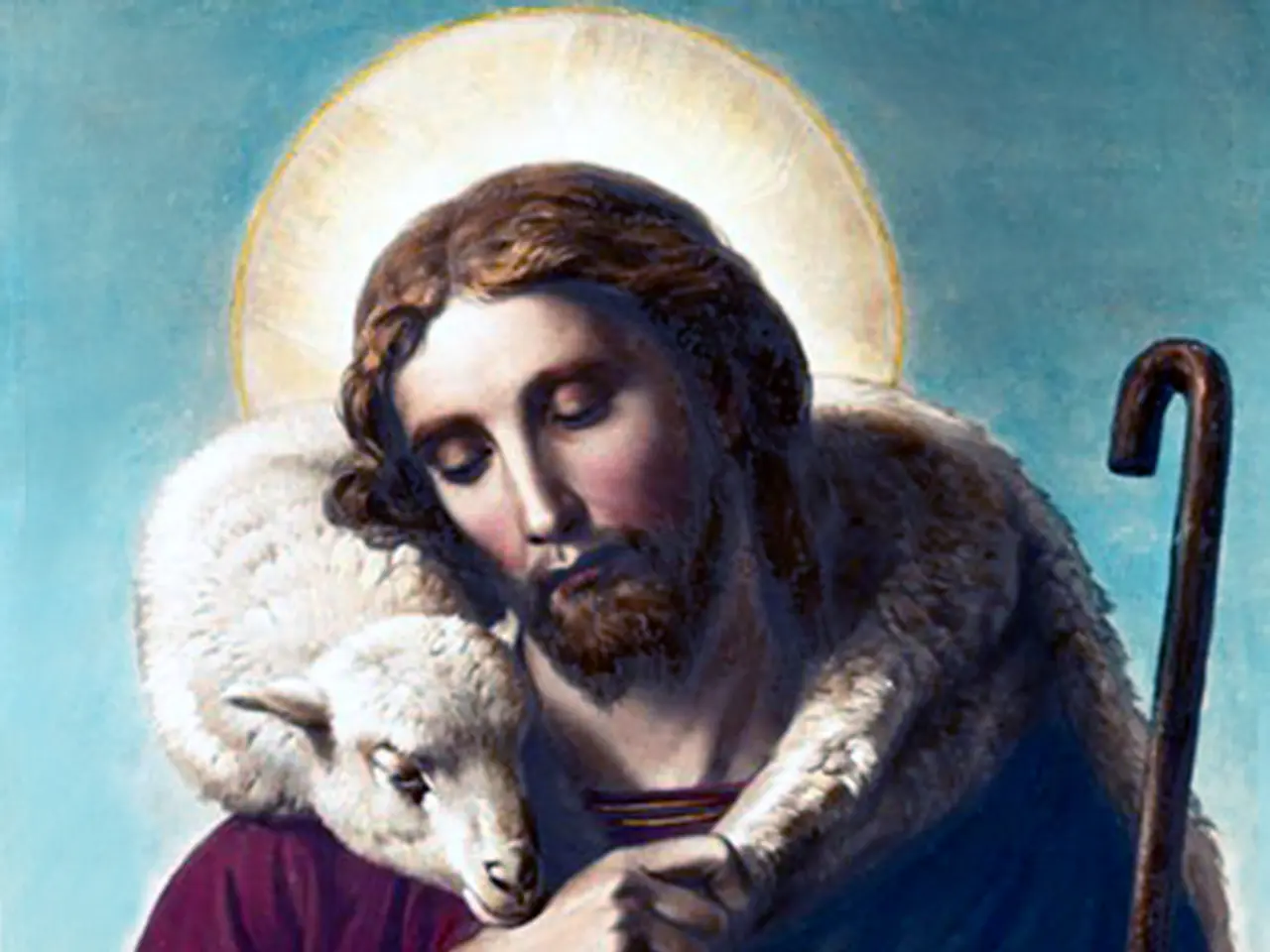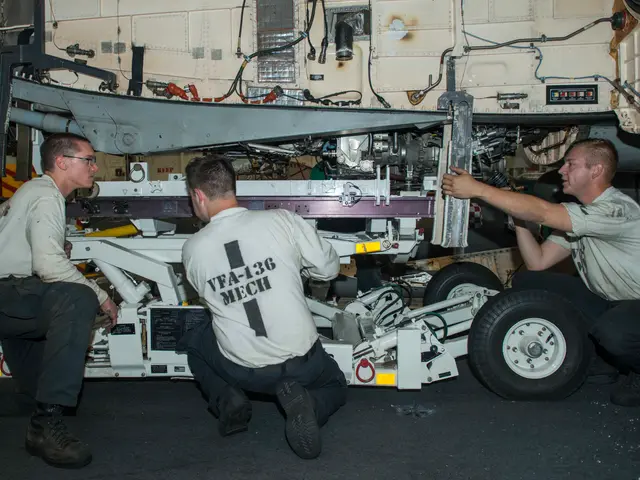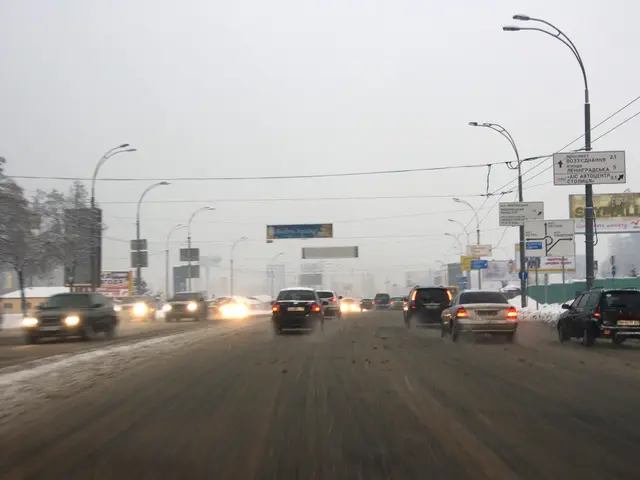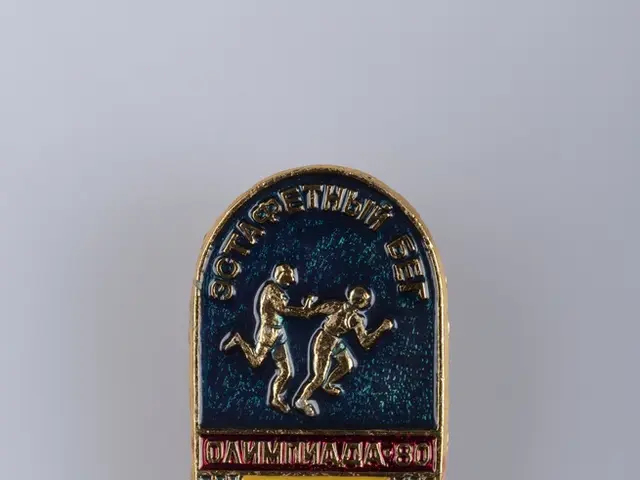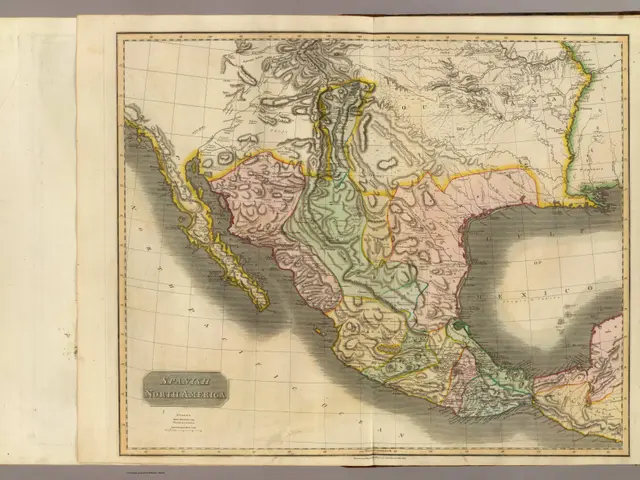Cattle drives in the Alpine regions of Valais and Vaud have been either canceled or reduced in scale
In the picturesque landscapes of Switzerland, a tradition that has been honored by UNESCO is facing an unexpected challenge. The Alpine cattle drives, a centuries-old practice, are being impacted by the outbreak of lumpy-skin disease in neighboring France.
The Alpine Livestock Drive in L'Etivaz VD has been granted an exception and can take place on September 27, as it is outside the surveillance zone for lumpy-skin disease. However, many other drives in Valais and Vaud have been cancelled this year due to the disease's presence in France.
Charlène Taramarcaz, president of the Sembrancher VS Alpine cattle drive, expressed her disappointment, stating, "It would have been a shame to cancel the event." Despite this, the Sembrancher VS drive will take place on Saturday, but without cows and cattle. St. Bernard dogs, horses, sheep, goats, old tractors, flag-wavers, and alphorn players will still participate, keeping the spirit of the tradition alive.
The St-Cergue VD cattle drive, the largest in the canton of Vaud, has been cancelled or postponed until 2026. The organisers of the St-Cergue VD drive, along with those of the Alpine cattle drive in Crans-Montana VS, regret the cancellation due to health restrictions. No herd of cows will participate in the Alpine cattle drive in Crans-Montana VS this year.
Measures affecting around 1700 cattle have been implemented in regions close to the border with France, where 78 outbreaks have been detected. Only regions in German-speaking Switzerland and the canton of Fribourg are currently exempt from these restrictions.
It's important to note that the disease, while not dangerous for humans, causes skin changes, fever, and a decline in milk production in cattle. No confirmed case of the skin nodule disease has yet been detected in Switzerland.
Eleven municipalities in the district of Nyon VD require vaccination of all cattle, buffalo, and bison against lumpy-skin disease to protect herds and prevent the disease from spreading. Animals may not be transported within the surveillance zone in the district of Nyon VD.
The situation is primarily about maintaining a tradition that has been recognized by UNESCO, yet the health and safety of the animals remains a top priority for many organisers. The Alpine cattle drives, despite some changes this year, continue to embody the rich cultural heritage of Switzerland.
Read also:
- Russia, according to Zelensky, lacks the prowess for launching another significant offensive.
- Amidst India's escalating climate crisis, transgender individuals continue to persevere
- Contentious Discussion Surrounding the Movie Release of "Planet of the Humans"
- Germany's three-month tenure under Merz's administration feels significantly extended
